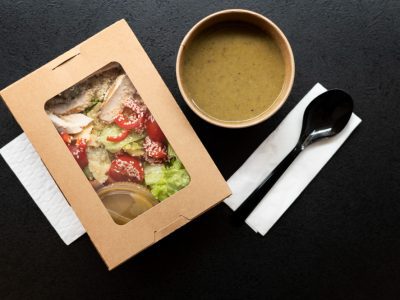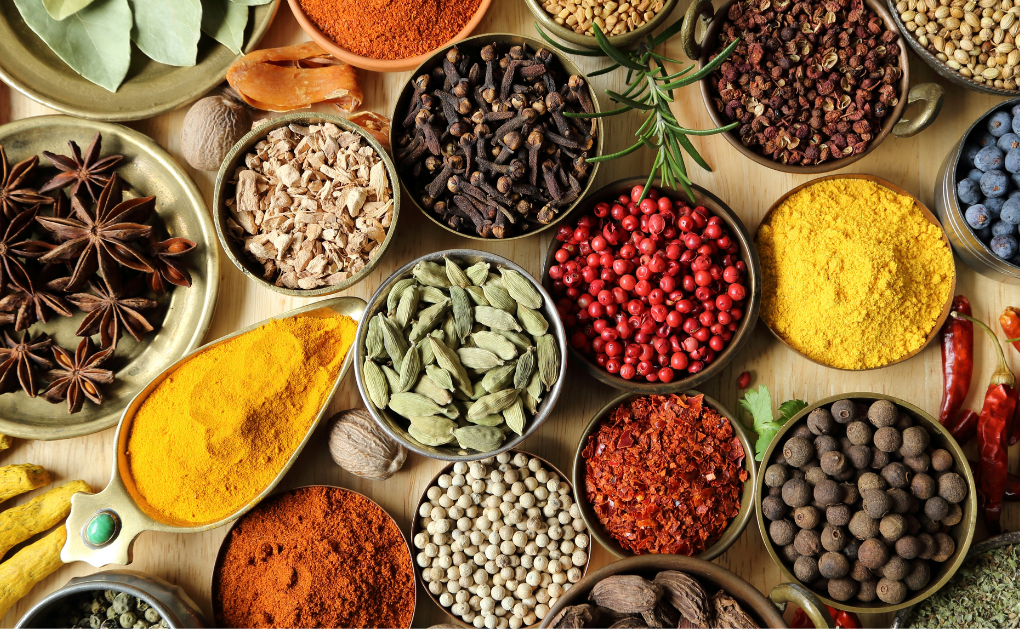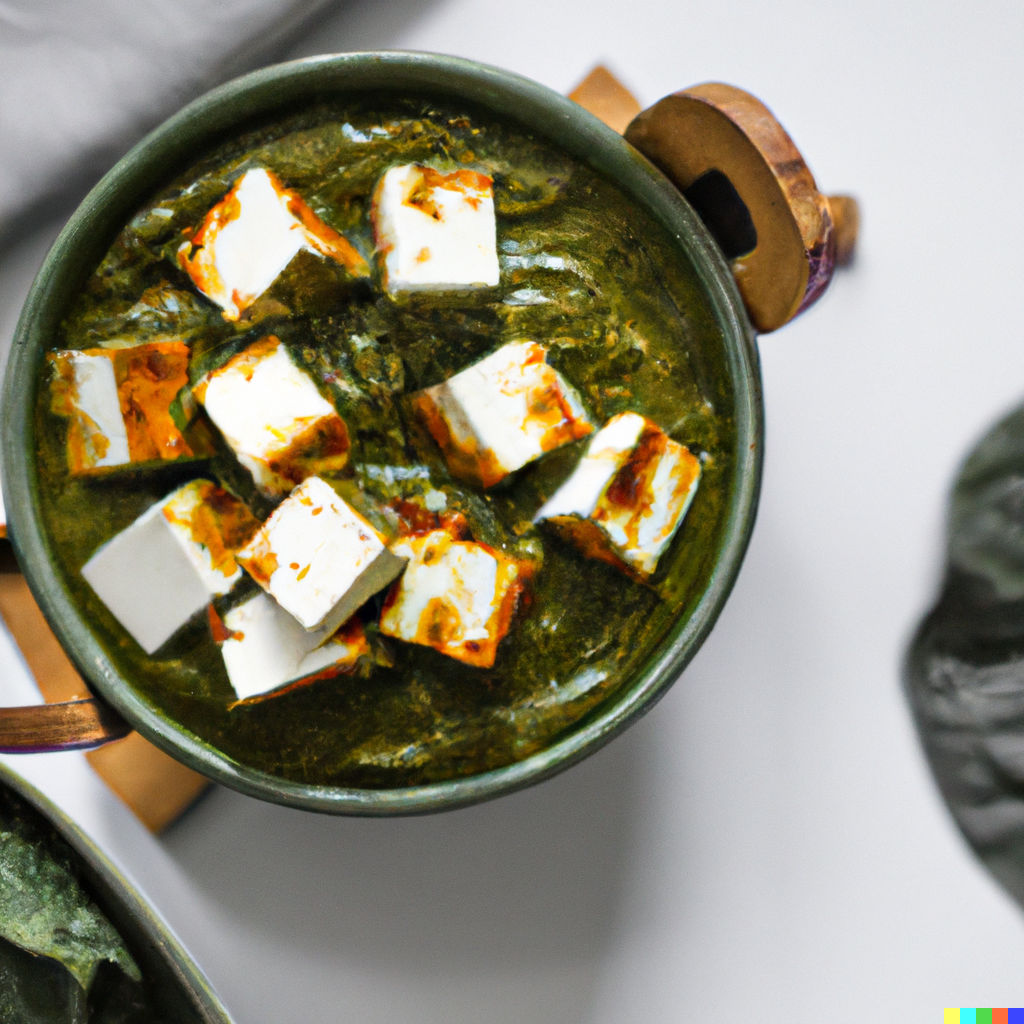Ramadan, the holy month of fasting, is observed by Muslims all around the world. This month is a time of spiritual reflection, devotion, and self-discipline, but it can also affect one’s health if not approached with proper care. During Ramadan, Muslims fast from dawn to sunset, abstaining from food and water. This can lead to a significant shift in eating patterns and can affect one’s overall health. This blog post will discuss some tips for maintaining a balanced diet for Ramadan and health.
Plan Your Meals

Planning your meals is crucial during Ramadan. You need to make sure that you consume the right amount of nutrients and calories to sustain your body throughout the day. Eating a pre-dawn meal (suhoor) high in complex carbohydrates and protein is essential. This will help you stay full longer and provide you with the energy you need during the day.
Ensure you include foods from all groups, such as whole grains, vegetables, fruits, dairy products, and lean protein. You can also include healthy fats in your diet, such as nuts, seeds, and olive oil. Similarly, it is important to break your fast with a light snack and consume a balanced meal later in the evening.
Stay Hydrated
One of the biggest challenges during Ramadan is staying hydrated. Since you cannot consume water during the day, drinking enough water during non-fasting hours is important. Ensure you drink 8-10 glasses of water between iftar and suhoor to avoid dehydration. You can also consume other fluids such as milk, fruit juices, and soups to stay hydrated.
Avoid Processed and Fried Foods
During Ramadan, indulging in heavy and fried foods during iftar is common. However, it is important to avoid processed and fried foods, which are high in calories and unhealthy fats. Instead, opt for healthier cooking methods such as grilling, baking, or steaming. You can also substitute unhealthy snacks with fresh fruits and vegetables.
Eat in Moderation
It is important to remember that fasting during Ramadan is not an excuse to overindulge in food. Eating in moderation is essential to maintain a healthy diet. Consuming large portions of food can lead to indigestion, bloating, and weight gain. Eat slowly, and stop eating when you feel full. This will help you avoid overeating and maintain a healthy weight.

Exercise Regularly
Although it may seem challenging to exercise during Ramadan, it is important to maintain a regular exercise routine. You can perform light to moderate exercises such as walking, stretching, or yoga during non-fasting hours. This will help you maintain your energy levels and improve your overall health.
Also read: Ramadan Recipes: Delicious and Nutritious Meals to Break Your Fast
Conclusion
Ramadan is a time of spiritual reflection, devotion, and self-discipline. However, it is important to approach this month with proper care to avoid any negative effects on your health. Planning your meals, staying hydrated, avoiding processed and fried foods, eating in moderation, and exercising regularly are some tips to maintain a balanced diet for Ramadan and health. By following these tips, you can ensure that you stay healthy and energized throughout the month.
















